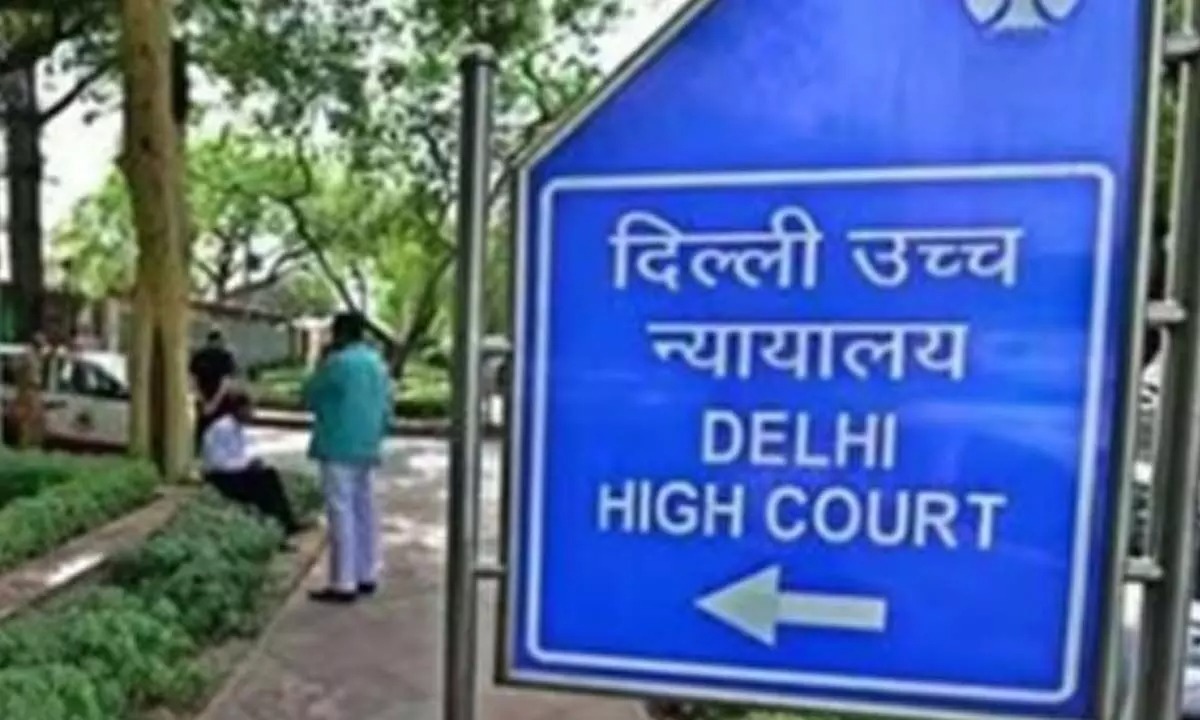S.J. Hyder, J.@mdashThe applicant is being prosecuted for the offence punishable u/s 7/16 of the Prevention of Food Adulteration Act, hereinafter referred to as the Act. It is common ground between the parties that a prosecution under the aforesaid provisions of law cannot be launched without obtaining the sanction of the State Government or any person authorised to do so. It is also a common case between them that the Chief Medical Officer, Health, had been so authorised by the State Government for the purpose of according sanction for the prosecution of offenders.
2. Shortly stated the prosecution case is that the applicant was preparing Imarti in a couldron which was full of boiling ghee. The then Food Inspector came to his shop and took samples of the boiling ghee and sent them for analysis. The Government Analyst reported that the ghee was adulterated. The papers were thereafter placed before Dr. A.C. Chopra, Chief Medical Officer who accorded his sanction for the prosecution. Thereafter a complaint was submitted before the competent Court to take penal action against the applicant u/s 7/16 of the Act.
3. The main ground urged in support of this application is that there was no valid sanction for the prosecution of the applicant and as such the proceedings in the case pending against him are liable to be quashed. The Food Inspector has been examined as a prosecution witness in the case. He has categorically stated that the sample of ghee taken by him was from the cauldron in which imarties were being prepared. It is a matter of common knowledge that imarties are only prepared in boiling ghee and it is therefore impliedly conceded by the Food Inspector that the sample which he took was of boiling ghee. Dr. Chopra in his testimony has stated that there are no standards prescribed in respect of ghee which is in the process of boiling in a cauldron and he has therefore not issued any directions in respect of ghee falling in this category. He has further stated that since in the report of the Inspector it was not mentioned that the sample which had been taken was of boiling ghee he sanctioned the prosecution of the applicant. He has clarified the matter by stating he had gievn sanction to the prosecution of the applicant but he was wholly in the dark that the sample which had been taken by the Food Inspector was of boiling ghee.
4. From what has been stated by Dr. Chopra it is evident that the sanction accorded by him for the prosecution of the applicant was based on misapprehension of the correct facts. In case it had been brought to his notice that the sample taken from the possession of the applicant was of boiling ghee he would not have accorded his sanction. Sanction obtained by concealing facts or by misapprehension of the correct facts is not sanction at all in the eyes of law. The result is that there was no valid sanction for prosecution of the applicant for the offence punishable u/s 7/16 of the Act.
5. This Revision succeeds and is hereby, allowed and the proceedings in the case State v. Pyare Lal u/s 7/16 of the Act numbered as Criminal Case No. 424 of 1978 and 883 of 1979pending in the Court of the Judicial Magistrate Janupur Shri S.S. Tewari are hereby quashed.

